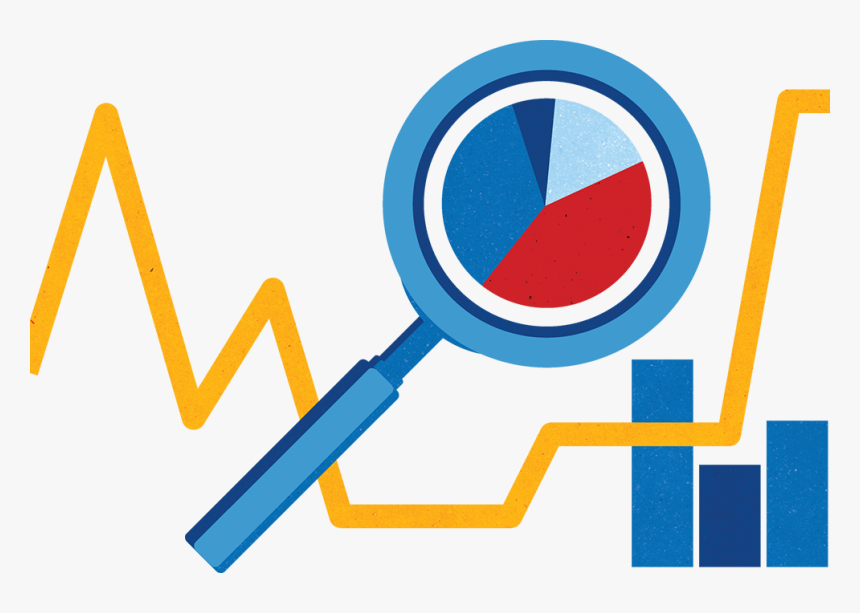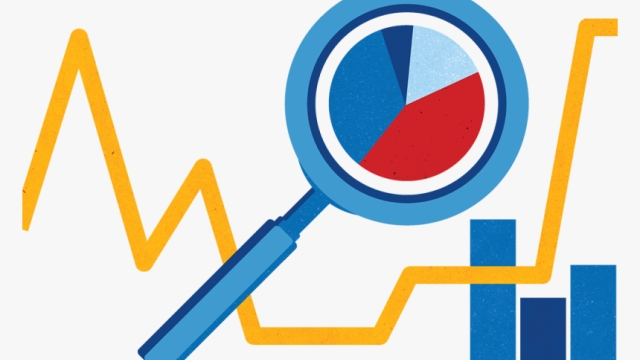
In today’s fast-paced, information-driven world, research and data analysis have emerged as vital tools in understanding the complexities of various fields. Whether it’s in the realms of scientific discovery, business decision-making, or social studies, the power of research and data analysis cannot be overstated. These processes provide us with valuable insights, enabling us to unravel patterns, identify trends, and make informed decisions backed by solid evidence.
Research is the foundation upon which knowledge is built. It involves a systematic exploration of a subject, employing various methodologies and techniques to gather relevant information. By conducting research, we delve deep into the realm of curiosity, seeking answers to questions, testing hypotheses, and ultimately expanding our understanding of the world around us.
However, research alone is not sufficient. The data obtained from research needs to be carefully analyzed to extract meaningful insights. Data analysis involves the examination, organization, and interpretation of data to uncover patterns, relationships, and trends. Through the application of statistical methods and analytical tools, we can transform raw data into valuable information, guiding us towards informed decision-making and helping us address complex challenges.
The integration of research and data analysis has resulted in powerful outcomes across various domains. From healthcare and marketing to environmental science and social policy, research and data analysis provide the tools needed to make evidence-based decisions, optimize processes, and improve outcomes. By understanding the underlying patterns and relationships within data, we can draw conclusions that shape the way we approach problems and seize opportunities.
In this article, we will explore the wide-ranging applications of research and data analysis, highlighting their significance in different fields and sectors. We will delve into the methodologies and techniques employed, showcasing how they unravel insights that would otherwise remain hidden. Join us on this journey as we unlock the potential of research and data analysis, shedding light on the power they possess in unraveling the mysteries of our world.
Importance of Research
Research plays a crucial role in gaining knowledge and understanding in various fields of study. It allows us to explore new avenues, uncover valuable insights, and make informed decisions. By delving into the realm of research, we can push boundaries, challenge assumptions, and broaden our understanding of the world around us.
Through research, we can investigate and analyze complex phenomena, seeking answers to questions that arise in our minds. It enables us to gather data and information from various sources, ensuring the validity and reliability of our findings. Research empowers us to observe patterns, identify trends, and draw meaningful conclusions that can contribute to the advancement of society.
Furthermore, research is vital for problem-solving and decision-making. It provides us with a systematic approach to address issues, offering evidence-based solutions and strategies. By conducting thorough research and data analysis, we can develop practical solutions, optimize processes, and improve the outcomes of our endeavors. Research enables us to make well-informed choices and mitigate potential risks.
In addition to its practical applications, research fosters intellectual growth and empowers individuals with critical thinking skills. Engaging in research enhances our ability to evaluate information, think analytically, and challenge existing knowledge. It promotes a culture of continuous learning and empowers individuals to contribute to the expansion of knowledge in their respective fields.
In conclusion, research holds immense importance in various aspects of our lives. By exploring new frontiers, seeking answers, and relying on evidence-based findings, we can unlock insights and drive progress. Research fuels innovation, informs decision-making, and empowers individuals to make a positive impact on the world.
Methods of Data Analysis
In the field of research and data analysis, various methods are employed to derive meaningful insights from the gathered information. These methods play a crucial role in translating raw data into actionable knowledge. Let’s explore three commonly used methods in data analysis:
Descriptive Analysis:
Descriptive analysis focuses on summarizing and interpreting the data in a concise and understandable manner. It involves exploring and visualizing the data through various statistical techniques, such as histograms, charts, and graphs. By organizing and presenting the data effectively, researchers can identify key patterns, trends, and characteristics, providing a clear picture of the dataset.Inferential Analysis:
Inferential analysis aims to draw conclusions and make predictions about a population based on a sample of data. This method utilizes statistical techniques, such as hypothesis testing and regression analysis, to analyze the relationship between variables and make generalizations beyond the observed data. By inferring insights from the sample, researchers can make informed decisions and predictions about the larger population.Qualitative Analysis:
While quantitative analysis focuses on numerical data, qualitative analysis involves examining non-numerical data, such as interviews, surveys, and open-ended responses. This method involves coding and categorizing qualitative data to identify themes and patterns. Researchers often use qualitative analysis to gain a deeper understanding of the human experience, motivations, and perceptions, complementing the quantitative findings with rich qualitative insights.
Literature Review Service
These are just a few of the many methods available for data analysis. Each method has its strengths and can be used alone or in combination with others, depending on the research objectives and the nature of the data. By employing appropriate data analysis methods, researchers can unlock valuable insights, enabling evidence-based decision-making and contributing to the advancement of knowledge in various fields.
Applications and Benefits
Research and data analysis have numerous applications across various fields and industries, offering a multitude of benefits. By delving into the world of research and data analysis, valuable insights can be uncovered, leading to informed decision-making processes.
In the realm of business, research and data analysis play a pivotal role in understanding market trends, consumer behavior, and competitive landscapes. By gathering and analyzing data, businesses can identify new opportunities, optimize their strategies, and stay ahead of the curve. From market research surveys to customer segmentation, data analysis provides the foundation for effective marketing campaigns and sales projections.
In the field of healthcare, research and data analysis help to drive advancements in medical treatments and disease prevention. By analyzing patient records, clinical trials, and genetic data, researchers can uncover patterns and correlations that contribute to the development of new treatment methods and therapies. Additionally, data analysis enables healthcare professionals to optimize patient care by identifying areas for improvement and streamlining processes.
The realm of education is another area where the power of research and data analysis shines. By conducting educational research studies, educators and administrators can gain insights into teaching methods, curriculum effectiveness, and student performance. Data analysis allows for evidence-based decision-making, leading to improved educational outcomes and tailored support for individual students.
In conclusion, research and data analysis have far-reaching applications and benefits across various sectors. By harnessing the power of data, businesses can gain a competitive edge, healthcare professionals can drive advancements in medical treatments, and educators can enhance the learning experience. The possibilities are limitless, and the insights gained through research and data analysis are invaluable in shaping a brighter future.
